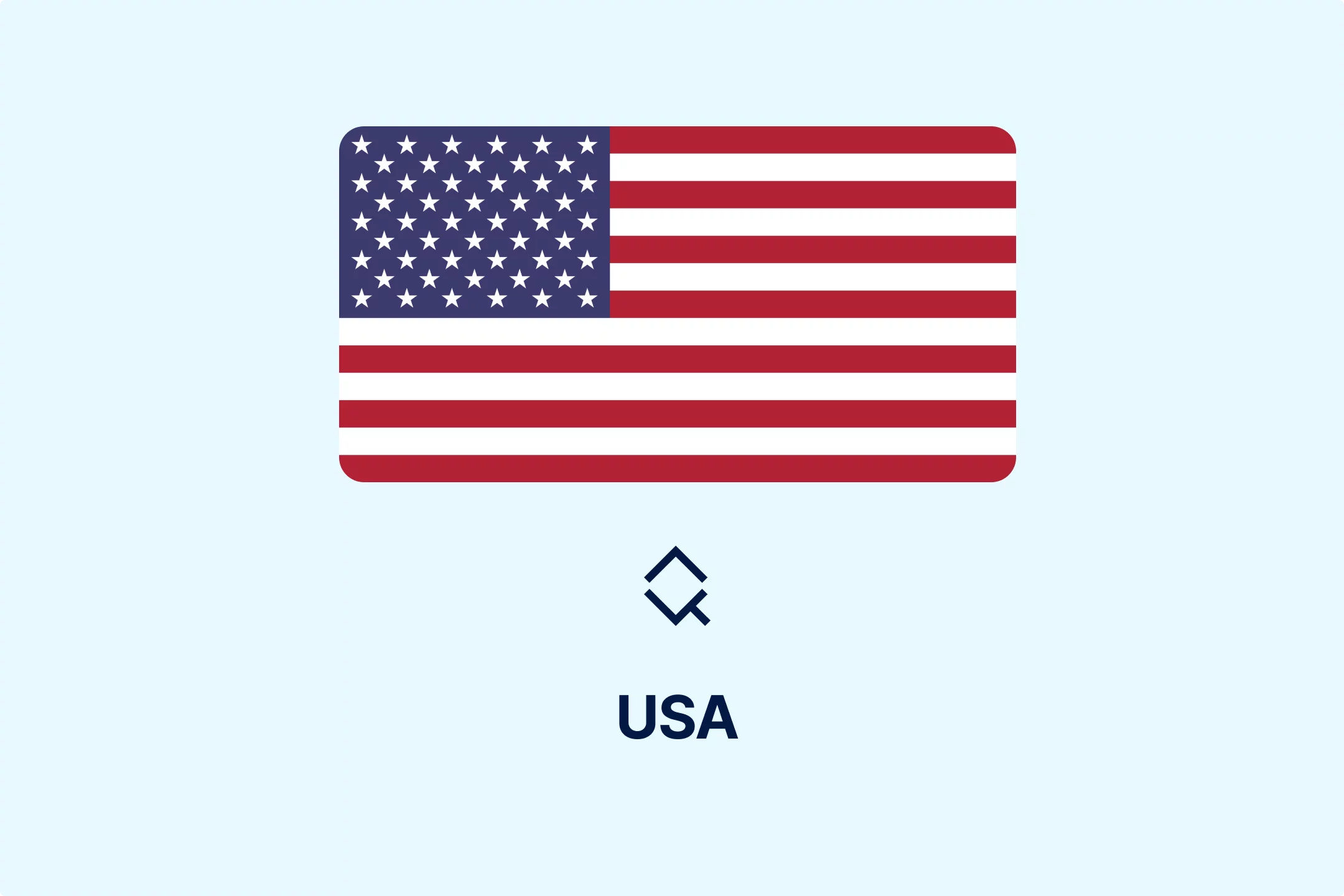Tennessee Sales Tax on Health App Subscriptions
-sug7vykj81.webp)
The Tennessee Department of Revenue (DOR) published a revenue ruling in the case examining how Tennessee’s sales and use tax applies to subscription fees for a mobile healthcare solution that collects health data and offers guidance to users. The ruling, which is essentially an advisory document and not binding for the DOR for any future case, clarifies how the sales and use tax rules and regulations apply to such arrangements.
Background of the Case and DORs Decision
The taxable person offers a subscription package built around software tools that help users track health data and improve their blood pressure and overall well-being. The subscription includes a software license that allows users to download and use a mobile app that performs the program's key functions.
More precisely, the users register through the company’s online portal, and may use the app, which is not customized for any user and includes features for tracking blood pressure, pulse, weight, activity levels, medication adherence, and general wellness. Additionally, users can download detailed reports with heart rate data.
Also, each user receives an FDA-approved Bluetooth blood pressure monitor that, starting in 2026, will function only with the subscription, except for a short period after cancellation. Notably, users do not need to return these monitors, which have little meaningful value outside the subscription, at the end of the program. Furthemore, the taxable persons also provide technical support, along with marketing materials such as emails, videos, postcards, and posters to encourage participation in the program.
The DOR underlined that while services are typically exempt from sales tax, the tax can still apply when a subscription’s core purpose is access to software. Since, in this case, the users were essentially paying for remotely accessed software used to monitor health data, making the software the true object of the transaction rather than the service element, the subscription fee is taxable.
Conclusion
Following the DOR's reasoning in this case, it is apparent that taxable persons must carefully structure and document their subscription offerings, as well as thoroughly determine what the true object of the transaction is, since they may face sales tax obligations even when offering exempt medical services as part of the transaction.
Therefore, understanding how bundled transactions work, reviewing how they charge the fees, and whether they can clearly support the division between taxable and non-taxable items is essential for determining sales and use tax obligations.
Source: Tennessee Department of Revenue

More News from United States
Get real-time updates and developments from around the world, keeping you informed and prepared.
-e9lcpxl5nq.webp)






-fd4vrjrcmo.webp)











-qoqtiao7l2.webp)





-o0xyg5unvs.webp)



























-pofe7ucwz3.webp)









-de8hdb1bn3.webp)








-xbhr0m4jsb.webp)


-ae6fi6cjox.webp)














-b0fpsws1w1.webp)





















-x78wuofpzj.webp)
















-b44f1vjl1i.webp)

-priw8nq5xc.webp)


.png)

.png)






























